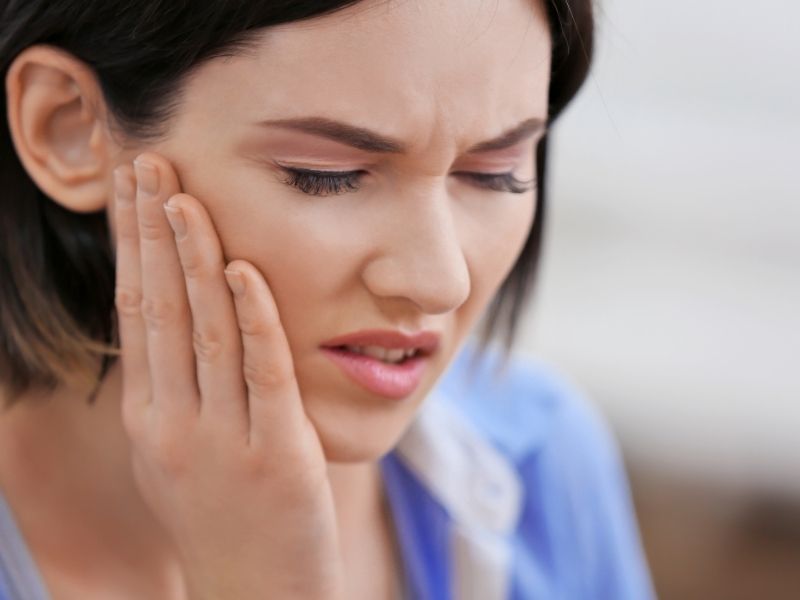Pain or Injury in Your Teeth? When to Go to the Dentist Right Away

It's never a good time for a toothache or an injury. It's not always easy to tell if you have a real dental emergency or if you can wait until your next appointment when you bite into something hard or wake up in the middle of the night with a lot of pain.
This guide will help you figure out when you need to see a Phoenix dentist right away, what to do in the meantime, and why acting quickly can save your tooth and your smile.
What Does It Mean to Have a Dental Emergency?
A dental emergency is any situation that needs immediate care to stop bleeding, ease severe pain, save a tooth, or treat a bad infection.
Some common causes are:
· A sudden, bad toothache
· Teeth that are broken or knocked out
· Bleeding from the gums or mouth that won't stop
· The face, jaw, or neck getting bigger
· Infections that cause fever or pus to show up
If you're not sure, ask yourself, "Would I go to the ER if this were happening somewhere else in my body?" Call an emergency dentist right away if the answer is yes.
The Most Important Signs That You Need Emergency Dental Care Right Away
Severe, Long-Lasting Tooth Pain
If over-the-counter painkillers don't help or the pain wakes you up at night, you might have an abscess, a cracked tooth, or an infected nerve. These conditions need immediate medical attention to stop the spread of infection.
A Tooth That Is Out
If you want to have the best chance of saving a tooth that has come completely out, you should see a dentist within 30 minutes. Put the tooth in milk or your cheek to keep it moist, and then go to the dentist right away.
Signs of Swelling or Infection
If your jaw or face is swollen and you have a bad taste in your mouth, a fever, or trouble swallowing, it could be a sign of a serious infection. If you don't treat it, it could spread to other parts of your body.
✅ Teeth That Are Cracked, Broken, or Loose
Cracks that hurt when you chew or that are easy to see chips and breaks could expose nerves and let bacteria in. Immediate evaluation can stop more damage from happening.
✅ Bleeding That Won't Stop
It's not an emergency if you bleed a little after brushing or flossing, but if you bleed a lot or for a long time, it is. This could mean gum disease, an injury, or something more serious.
What to Do While You Wait for the Dentist
· Use clean gauze to apply gentle pressure to stop the bleeding
· Put a cold compress on it to help with the swelling
· Don't chew on the side of your mouth that hurts
· Take painkillers like acetaminophen, but stay away from aspirin because it can make bleeding worse
· If you knock out a tooth, keep it wet in milk, saline, or your own saliva
Common Dental Treatments for Emergencies
Your dentist may suggest the following, depending on the diagnosis:
· Root canal treatment for teeth that are infected or broken
· Dental crowns or bonding for broken teeth
· Antibiotics for abscesses or infections
· If the damage is too bad, teeth may need to be pulled
· In some cases of tooth loss, emergency dental implants are needed
Don't Wait—Do Something Right Away to Save Your Smile
It's better to call a dentist and ask than to wait for treatment if you're not sure. Trauma and infections in the mouth can get worse quickly and may cause:
· Losing teeth
· Deterioration of the jawbone
· The infection spreads to other parts of the body
· Long-term problems that need more complicated care
Want to Get Help? Make an Appointment Right Away
Don't wait if you have dental pain, swelling, or trauma. Seeing an experienced emergency dentist as soon as possible can make a big difference.
Call us today to make an appointment for your emergency visit on the same day.
It's important to protect your comfort and your smile.





